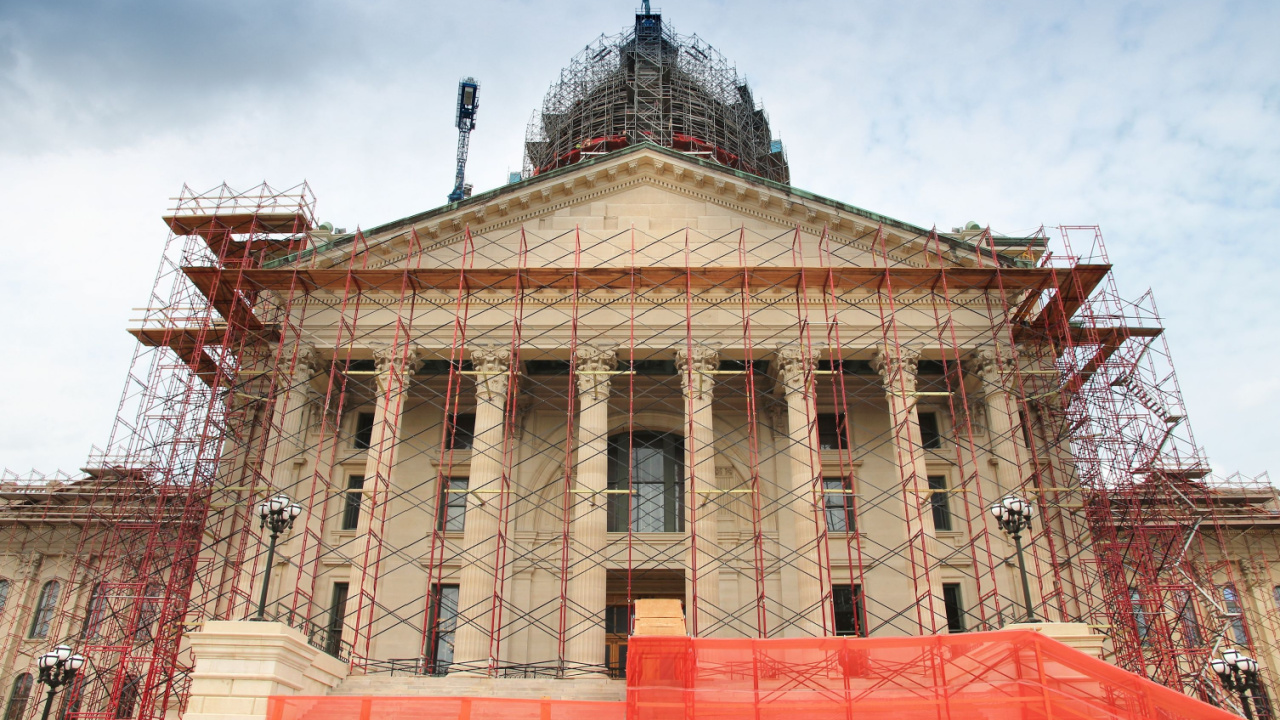
Biden Proposes $1.9 Trillion COVID Relief Plan
In a speech last week, President-elect Biden announced his plans for an additional $1.9 trillion relief package to further address the ongoing COVID pandemic, asking Congress to pass legislation supporting his plan in the coming weeks. This would add to the already passed and signed into law COVID relief packages, including the $900 billion relief program from December, and March legislation that provided approximately $2 trillion. Biden released a 19-page outline of his proposal, and the main highlights of the package include:
- Additional $1400, one-time check to Americans to supplement the $600 checks from the December package. Some progressive Democrats have criticized the $1400 amount, claiming it would break their promise of $2000.
- Extension of emergency unemployment insurance program through the end of September and increased federal supplement of $400 per week to enhance the current March deadline and $300 supplement.
- $170 billion for schools, with $130 billion towards reopening and additional funds for colleges’ shift to distance learning and other responses to the pandemic.
- Raise in the federal minimum wage from $7.25 to $15 per hour. The Congressional Budget Office has estimated that the raise to $15 could increase pay for millions of Americans but also cost up to 3.7 million jobs
- $440 billion for states and local communities, including $15 billion in grants for the hardest hit small businesses, $35 billion in government financing programs for small business, and $350 billion in emergency funding for state, local, and territorial governments.
- $160 billion for a national vaccination program, including $50 billion for improved testing and $40 billion for PPE and emergency response personnel.
- Expand and extend paid leave requirements through September. While the December COVID relief package allowed employers to voluntarily extend paid leave, this proposal would expand and extend the Families First Coronavirus Response Act (FFCRA), mandating paid leave requirements for 14 weeks of up to $1400 per week and eliminating employer exemptions for those with more than 500 and fewer than 50 employees. The proposal would extend the refundable tax credit to reimburse 100 percent of cost to only to those employers with fewer than 500 employees.
- Expand the child care tax credit up to $4,000 for one child and $8,000 for 2 or more children for parents making up to $400,000 annually.
Noticeably absent from the proposal is limited liability protection for businesses operating during the pandemic, and some Republican lawmakers have put out statements criticizing the package, showing the potential for additional negotiations needed in Congress without Democrats seeking COVID relief through reconciliation or through eliminating the filibuster.
Related stories








